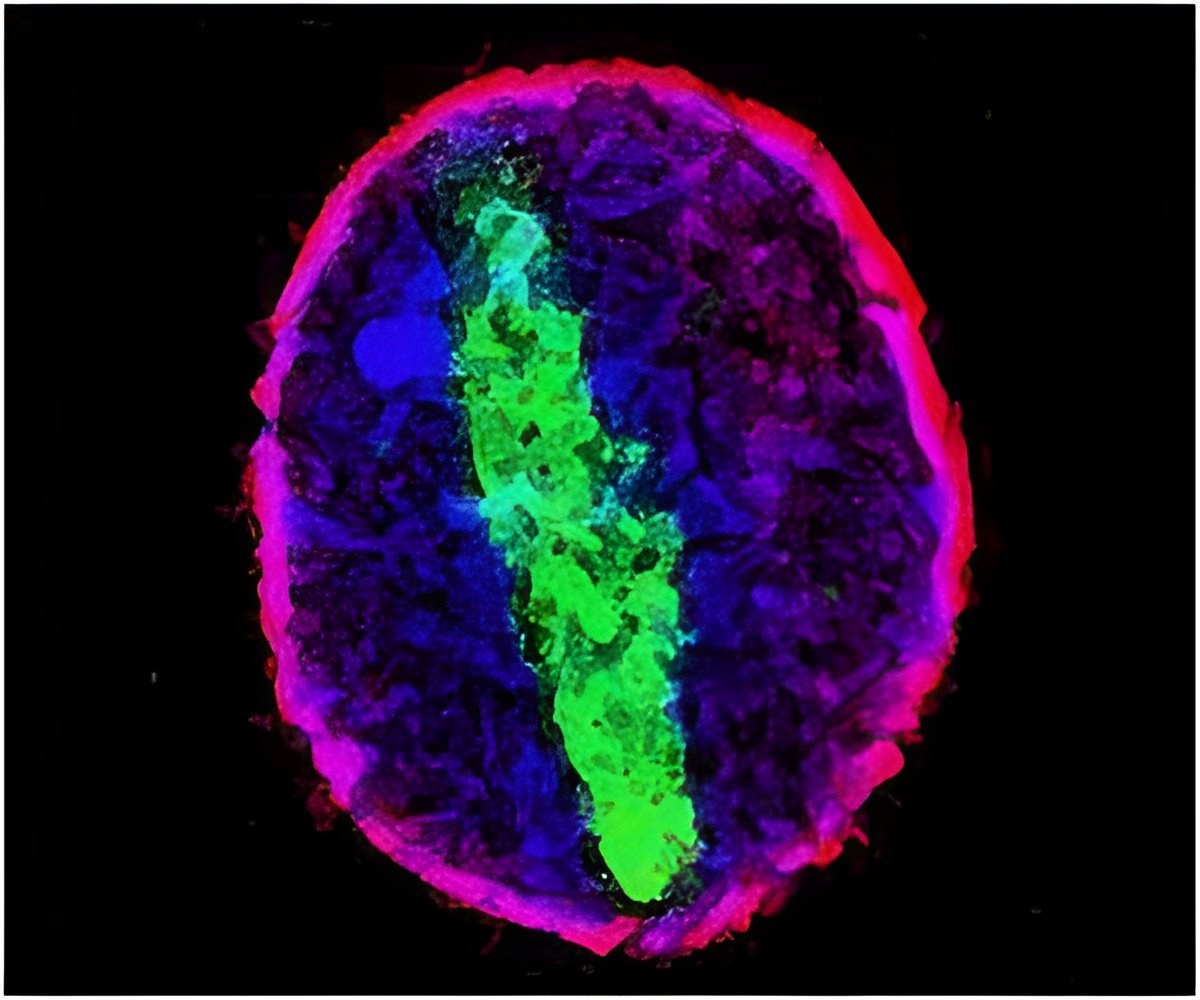Patients with different types of cancer respond differently to treatment. The presence of an immune-suppressing protein in non-cancerous immune cells may predict this response.

The trial differed from other immune therapy trials in that it incorporated serial biopsies of patients before and during treatment to identify a tumor profile that predicts response to treatment, said the paper's first author, Roy Herbst, Ensign Professor of Medicine at Yale Cancer Center, professor of pharmacology, and chief of medical oncology in Yale Cancer Center and Smilow Cancer Hospital at Yale-New Haven.
"We knew that the expression of PD-L1 in tumor cells is critical in blocking the immune system so we were intrigued to find that the expression of PD-L1 in non-tumor cells such as macrophages also predicted drug response," said Herbst.
The serial biopsies revealed the characteristics of both functional and non-functional immune responses and provided a baseline for how patients respond and don't respond to treatment.
"We can begin learning how to use combination therapies to affect the immune response cycle," Herbst said.
Of the 175 patients enrolled, 21% showed partial or complete response to MPDL3280A, with some being rapid and durable. Across all tumor types, 46% of patients with high PD-L1 expression on non-tumor cells showed a partial or complete response. Also notable was the finding that smokers responded better to the drug than non-smokers. This could provide insight into how smokers and nonsmokers respond differently to drugs, said the researchers.
Advertisement
Also published in the same issue of Nature are additional findings from this same trial, including the response of advanced bladder cancer patients who did not respond to other treatments. This expansion arm study was co-authored by Thomas Powles of Queen Mary University Hospital of London with Daniel P. Petrylak, professor of medicine and urology at Yale Cancer Center, and Joseph Paul Eder, professor of medicine at Yale Cancer Center. Petrylak presented the findings earlier this year at ASCO's annual conference.
Advertisement
Source-Newswise














